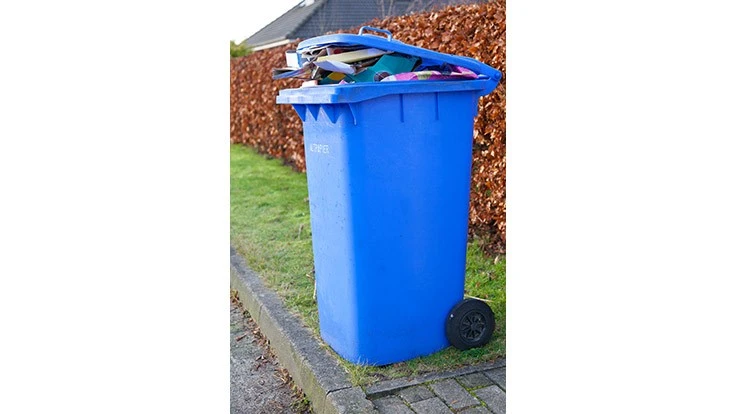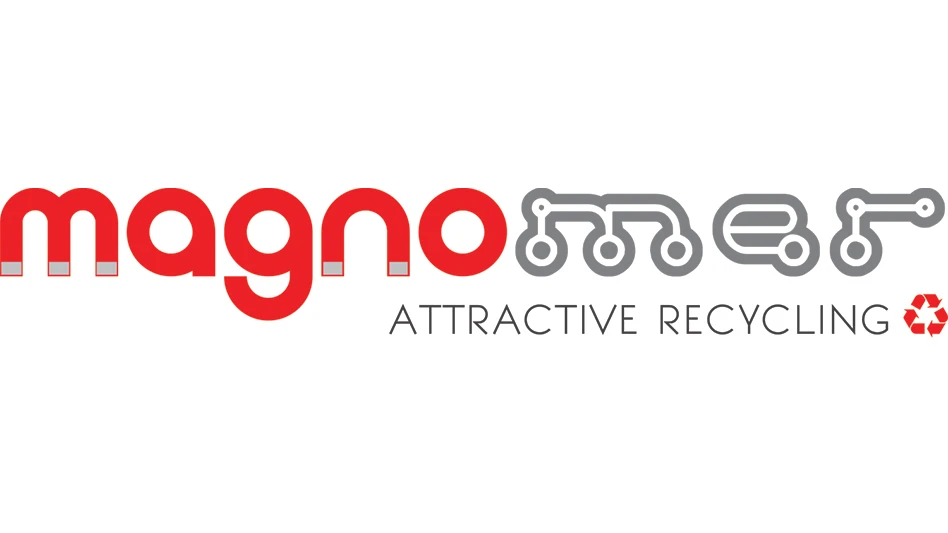
Image: Dreamstime
The Recycling Partnership, a nonprofit organization based in Falls Church, Virginia, says China’s recent ban on the import of some postconsumer scrap materials and the resulting downturn in markets for these materials reinforces the importance of improving the quality of recyclables collected through residential recycling programs and ultimately sold into the marketplace. The organization adds that that has always been one of its goals: to influence the collection of more, better recyclables from U.S. households.
The Recycling Partnership says its website, www.recyclingpartnership.org, offers free tools and work plans that communities can implement to reduce curbside recycling contamination. “Trash does not belong in the recycling cart, and we are working hard with both communities and companies to drive positive change,” the organization says in a press release dated May 18, 2018.
Its contamination-reduction resources have been finetuned and tested in the field with partner states, such as Massachusetts, and partner cities, such as Atlanta, Chicago and Denver, the Recycling Partnership says. This work has shown contamination rates drop by as much as 57 percent and capture rates increase as much as 25 percent, the organization adds.
“Our engagement with community recycling programs is made possible thanks to the support of our funding partners and has never been more important than it is right now,” The Recycling Partnership says. “When recycling is done well, it supports jobs, the environment and the economy in towns nationwide.”
No single step can solve systemwide challenges such as contamination, the organization says. “This is why we continue to work with communities, companies and organizations across the entire value chain to improve the quality of recyclables moving through the system. We understand that together, we can transform recycling for good.”
By the end of 2018, The Recycling Partnership says it expects to have served 750 communities with tools, resources and technical support, provided 500,000 recycling carts, reached 40 million households and helped companies and cities invest more than $33 million in recycling infrastructure.
Latest from Recycling Today
- Haber raises $44M to expand to North America
- Canada Plastics Pact releases 2023-24 Impact Report
- Reconomy brands receive platinum ratings from EcoVadis
- Sortera Technologies ‘owning and operating’ aluminum sorting solutions
- IDTechEx sees electric-powered construction equipment growth
- Global steel output recedes in November
- Fitch Ratings sees reasons for steel optimism in 2025
- P+PB adds new board members





